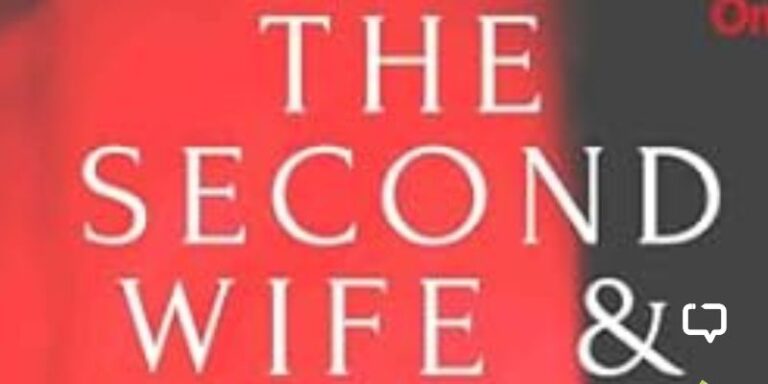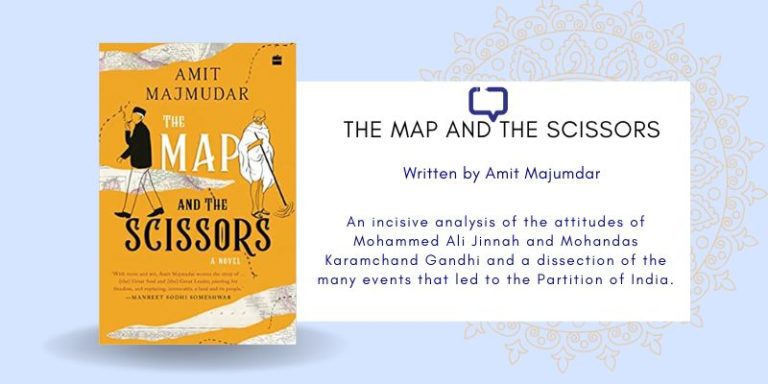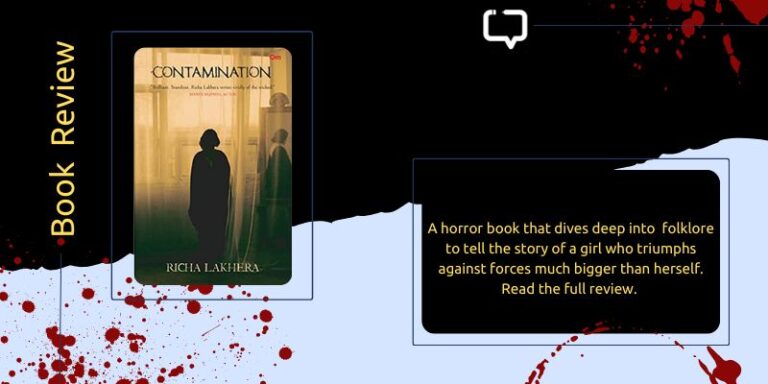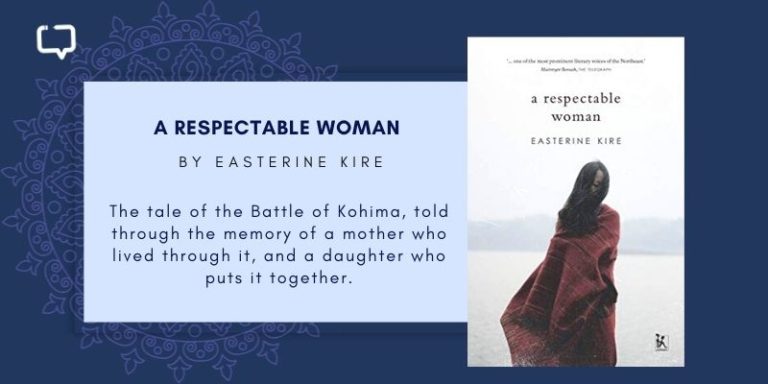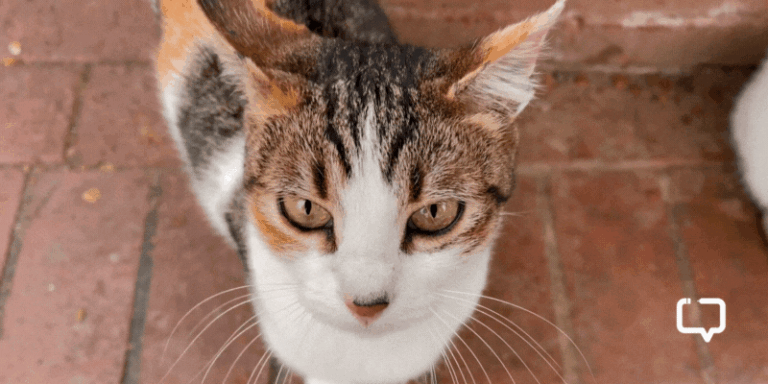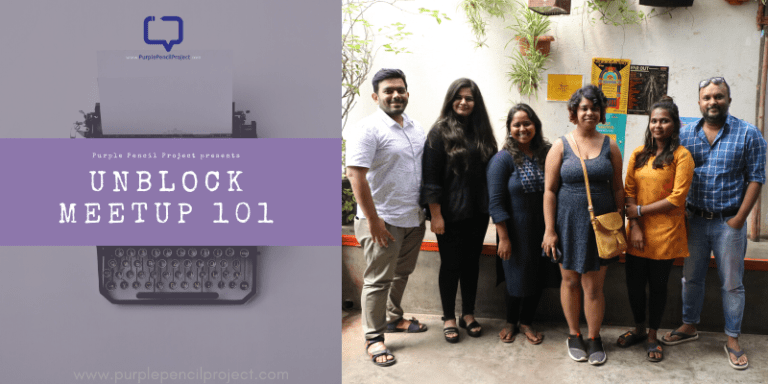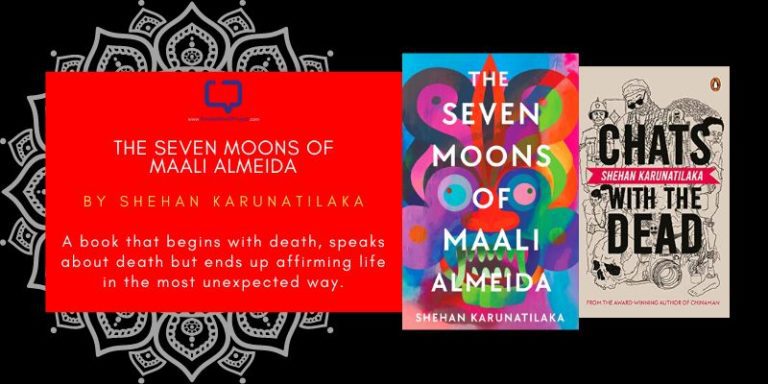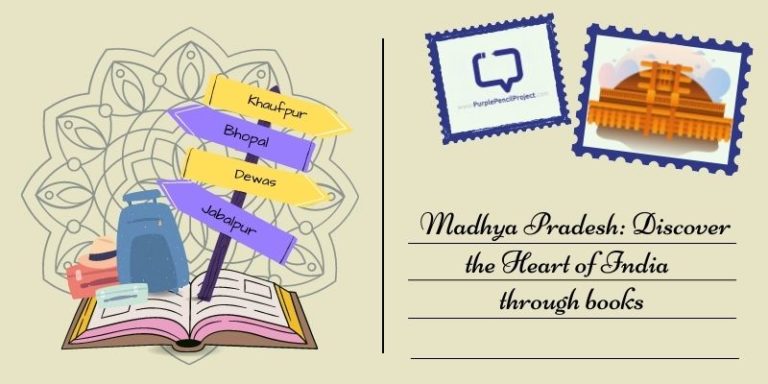Neha Kirpal reviews Mansoor Khan’s debut novel One (Published by Harper Collins, 2023)
Bollywood film director and producer Mansoor Hussain Khan recently released his debut novel One: The Story of the Ultimate Myth. The book starts simply with two strangers meeting by chance in a park: Sonal, a 37-year-old former sociology professor and firebrand activist who is now battling memory loss and acute depression; and Dr Abhay Rao, a once-celebrated genetic engineer who is now hiding from an establishment whose scientific paradigm he challenged. To the world, both of them are misfits. But they soon realise that they are being forced to doubt their sanity by culture.
Abhay shares his closely guarded thoughts with Sonal, in the form of his book, a radical paradigm-shifting perspective about “the ultimate myth”. It consists of mere symbols (and diagrams) struggling to reveal a deeper truth, trying to reawaken an insight lost with civilisation a long time ago.
We encourage you to buy books from a local bookstore. If that is not possible, please use the links on the page and support us. Thank you.
“Modern man saved from chaos the house that God could not manage. The God who was relieved of his duties and persuaded to abandon Earth for a cushy residence in heaven. We proclaimed that we made our destiny. We would reshape nature, the untrustworthy mother, through knowledge, research, science, and technology. Yes, we would set right all the vagrancies of nature one day.”
Abhay claims that he can make gold from human excreta, which can save all of humanity. In the building where he stays, he even proposes to take care of the garden free of cost, while planting trees and reviving the lawn, without using any water. Everyone around him feels his alienness and treats his altruistic gesture with suspicion. They regard him with more skepticism when he says that plants develop roots and find their water. “Nobody waters a forest,” he affirms.
When he meets Sonal at the park next, they get busy collecting pipes, wires, and ropes together, transforming into “modern-day hunter-gatherers.” As she spends more and more time with Abhay, Sonal finds herself gradually healing and even stops taking her medication. In a sense, the revival of the garden mirrors her recovery.

One and its Big Issues
The chapters of the book constantly alternate between past and present. The book puts the spotlight on mental health. Through the book, the author also highlights another issue that is very close to his heart. Sonal joins Andolan to protest against a huge dam that was going to be constructed – a blatantly exploitative project that had no approval.
“Fact 1: India is the third-largest dam-building nation in the world, with over 3,500 large dams.
Fact 2: Over thirty million people, 40 to 50 percent of them Adivasis, have been displaced by just these dams.
Fact 3: As of 1997 India does not have a national policy on resettlement and rehabilitation of displaced people. The archaic Land Acquisition Act enacted by the British in 1894 is enforced.”
Conclusion
Ultimately, the story is about the huge cost of “so-called progress.” However, though with a deep meaning, the main message of the book tends to get a little lost in the narrative. Further, when reading the book, its serious subject and nature, it is hard to believe that this is the debut book of the same Mansoor Khan, who has directed four popular and successful mainstream Bollywood films, such as Qayamat Se Qayamat Tak, Jo Jeeta Wohi Sikander, Akele Hum Akele Tum and Josh. In the book’s Acknowledgements, he writes that the process of writing it was a two-decade-long journey – and along the way, he was “awakened, educated and inspired” by various sources.
Favourite Quote from One
Life simply works when you surrender to nature.
Have you read this captivating read that turns the civilization on its head? What do you think of it? Drop a comment below and let us know!









